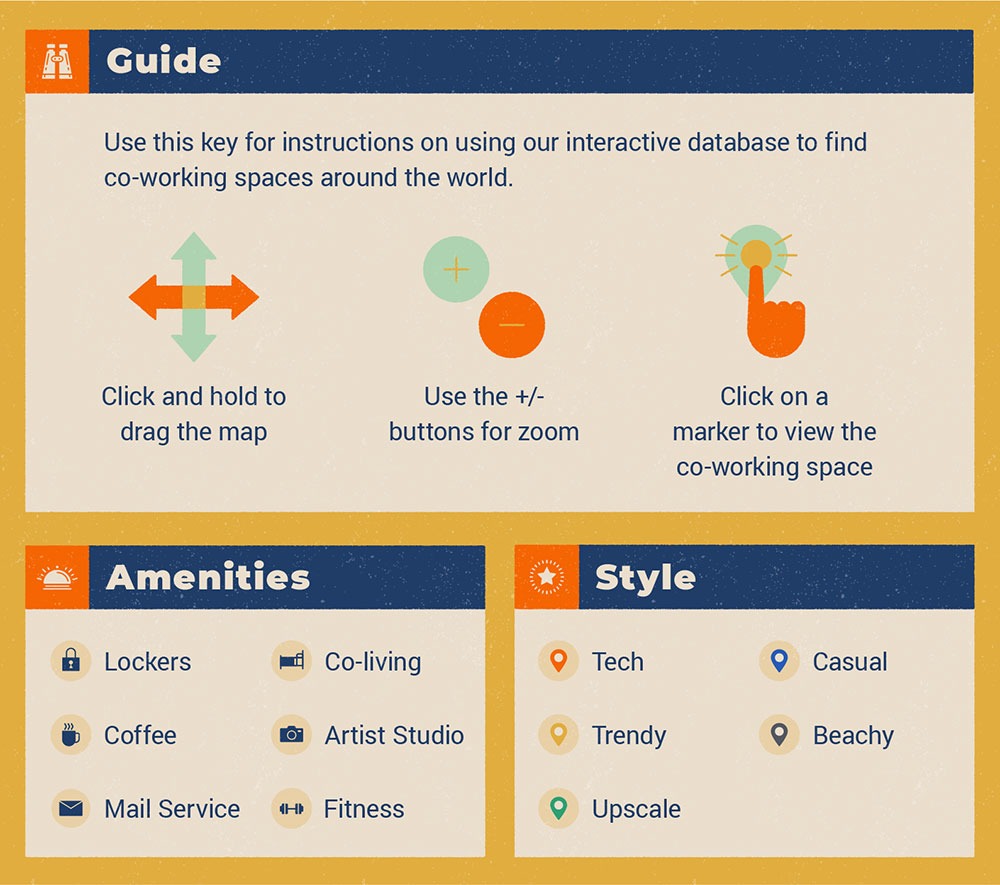If you’re a part of a remote team or manage one, it’s essential that you put certain practices — and sometimes even benefits — in place to build trust and loyalty, which in turn can boost your company’s overall culture and productivity. To help out a little, we thought we’d share some solid tips you can implement to make sure your team is performing to the top of their abilities while garnering strong work relationships.
1. Set clear objectives.
Perhaps the most obvious (but not always the easiest) way to build trust and a productive work environment is to be as clear and direct as possible with the goals of each project. When working with remote teams, especially if dealing with different time zones, cultures, and languages, it’s easy for things to get lost in translation or pushed back.
To make sure your team members feel comfortable relying on each other and have a strong sense of responsibility towards their colleagues as well, make sure you set all objectives including expected deliverables and deadlines at the start of each project. When possible, make them as clear and concise as possible.
2. Offer a productive workspace.
If most or even part of your team is remote, you or the company is probably saving on overhead costs. If that’s the case, suggest allocating a budget for each employee to put together a productive work environment. This can be anything from purchasing ergonomic equipment, offering a lunch stipend for employees who are able to meet up to work together, or even renting out a space for them a few days a week to work from.
With so many co-working spaces available in nearly every major city, many from the team are bound to find a space that works for them. To find a space near you, check out this global co-works map (below) complete with daily prices, hours, location, and membership rates.
Map courtesy of CarRentals.com

3. Keep work hours consistent.
Yes, one of the main perks of working remotely is flexibility, but a company still needs to meet its bottom line. Set clear expectations in terms of schedules and work hours to make sure the team is able to collaborate at the times needed. This can greatly help mitigate any tension or the feeling the you can’t rely on your teammates to meet their own deadlines.
4. Plan meetups.
One of the top drawbacks reported by remote workers is isolation. Working alone all the time can make the team feel isolated and oftentimes disconnected from the meaning of their work or company’s mission. When possible, try to plan meetups with other members of the team. Even if it’s just a yearly holiday party, meeting your team members face-to-face can help boost morale and the team’s commitment to their company and work.
If you’re a remote worker and can’t meet anyone from the team, even heading out to a coffee shop or a friend who also works remotely every now and then can be quite beneficial.
5. Over-communicate.
Good communication is important for any team, remote or not. But when you’re all a group of digital nomads, over-communication if often your best bet. This can include constantly asking for feedback to promote collaboration, checking in with other members of the team simply to say hello, or making your availability clear online for most of the day.







